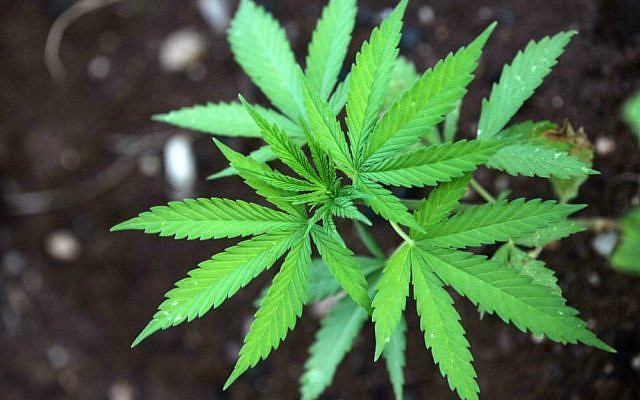Police arrested six doctors and five other suspects on Monday for allegedly selling illicit medical cannabis permits.
According to the police investigation, the suspects used the Telegram messaging app, as well as other methods, to offer for sale permits for medical cannabis use. Some of the suspects were senior doctors authorized by the Health Ministry to issue such permits.
Customers would receive their permit within 24 hours of making a payment of thousands of shekels, without needing to submit a medical history or undergo an examination.
“The undercover investigation discovered a network of doctors and brokers who worked to illegally issue licenses in exchange for thousands of shekels per license,” said Eran Shefi, chief of the cybercrime unit of Lahav 433, noting that with these permits the customers were able to obtain medical marijuana from any authorized pharmacy.
The undercover probe was made public following the arrest of the suspects.
Get The Times of Israel's Daily Edition by email and never miss our top stories
Police said customers would pay additional fees to renew their certificates and to obtain higher doses of the drug.
They added that drug dealers used the service to obtain supplies, which they sold for profit.

Illustrative: Cannabis leaves (Yossi Zamir/ Flash90)
The Lahav 433 national crime squad, which conducted the investigation, estimated that the criminal operation had brought in revenues of NIS 17 million (approximately $5 million).
Police said the suspects face charges of drug dealing, fraud, breach of trust, bribery, money laundering and tax offenses.
Authorities intend to request an extension of the suspects’ custody when they appear at the Rishon Lezion Magistrate’s Court on Monday.
Recreational use of marijuana is illegal in Israel, though the government partially decriminalized it in 2017, setting fines and treatment for initial offenders instead of criminal procedures.
Medical use of the drug for certain chronic illnesses for holders of Health Ministry-granted licenses has been permitted since the early 1990s.
Times of Israel staff contributed to this report.


